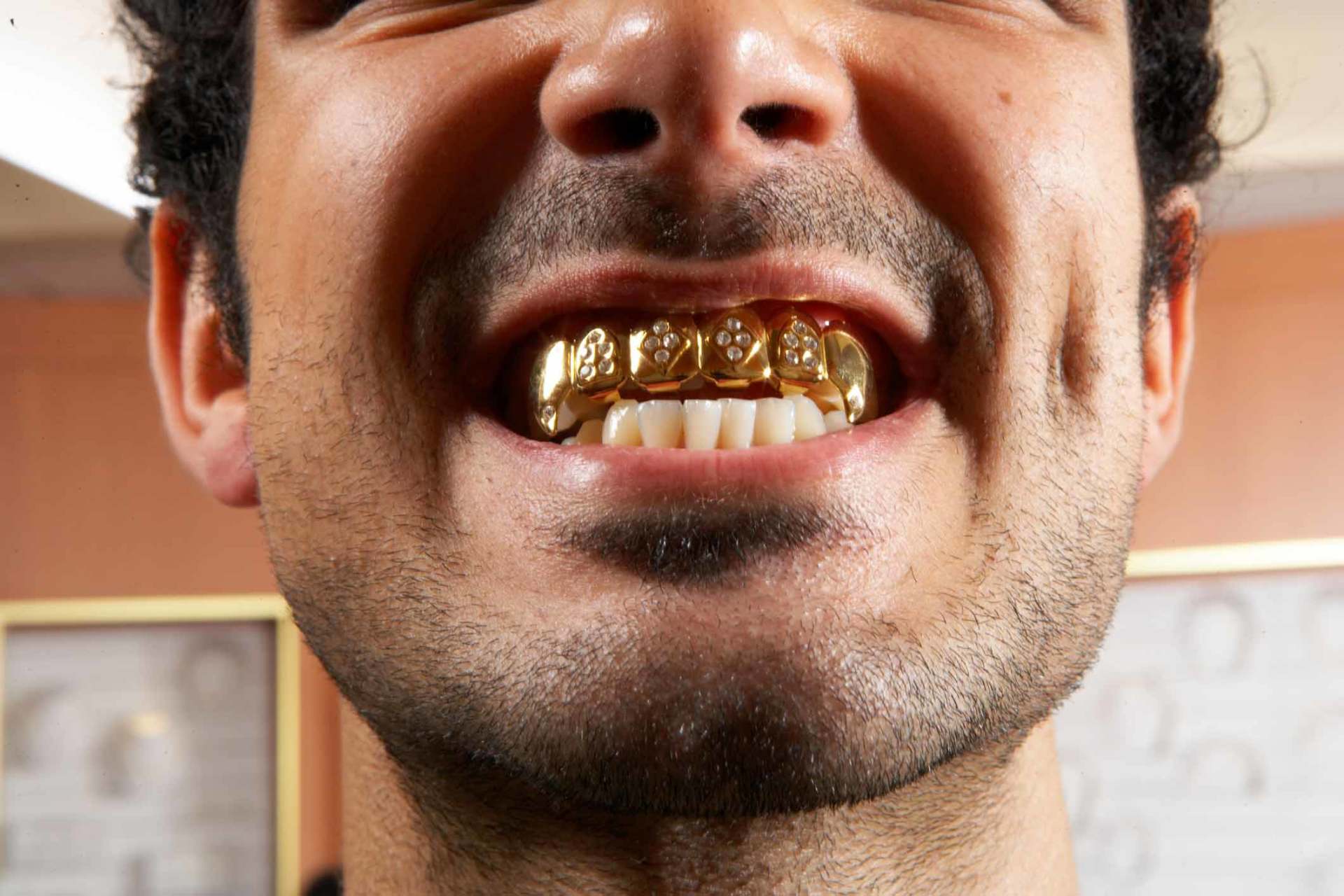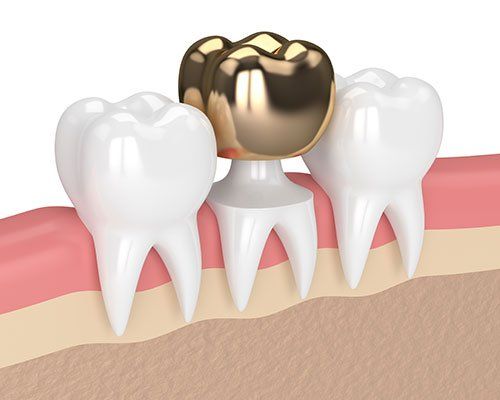Dental Insurance Coverage For Gold Alloy Crowns
- By Admin
- •
- 15 Dec, 2017
- •

Payment of Dental Benefits
Generally, you must first meet the policy's annual deductible before the insurance company starts to pay your dental expenses. Since dental insurers typically don't cover crowns for cosmetic purposes, many dental plans require preauthorization before covering a crown placement procedure.
As part of the preauthorization process, your dentist will likely need to submit dental x-rays and notes from your dental record as proof that you need a crown. Your dentist may recommend a dental crown to reinforce a tooth following root canal treatment, strengthen a tooth that has too little tooth structure left to hold a filling, or restore a badly decayed tooth.
Policy Restrictions and Limitations
Dental policies often have restrictions and limitations. For instance, a plan may not cover placement of a crown if it has already paid the policy's maximum benefits limit for the year. Some insurers base the oneyear period on the calendar year while others base it on 12 months from the date the policy becomes effective.
Dental plans often include limitations on coverage for a replacement crown. Since a dentist usually spends as much time replacing a dental crown as they did placing the original crown, the cost for a replacement crown is about the same. Because of this, many dental plans only provide coverage if the original crown lasts for a specific number of years.
Cost of Dental Crown Alloys
Dental crowns made from either precious or non-precious alloys aren't pure metals, but rather are made from a combination of metals. However, some alloys have a higher precious metal content than others; therefore, crowns made from certain dental alloys cost more. If you have dental insurance, your plan should describe the types of metal crowns it will cover, as well as how much coverage it provides.
Noble metals such as gold, platinum, and palladium are more expensive than non-noble dental metal alloys like nickel, copper, titanium, silver, and zinc. The more gold or other precious metal used in the alloy, the more expensive the crown will be.
On average, metal crowns constructed of gold alloy cost around $2,500 or more for a single tooth. The cost of a crown for a front tooth or bicuspid is generally the same. Crowns made for molars at the back of the mouth are larger and require more metal, which increases their cost.
A dentist may base the cost of a crown made from a precious metal, like gold, on how many ounces of the metal it takes to make the crown. Because the price of gold fluctuates, the market price of gold at the time affects the cost.
Discount Pricing
Discount dental plans can save you money on the cost of dental crowns, including those made from gold alloys. Different from dental insurance, discount plans negotiate with dentists in an area to charge a set price for dental crown placement and other dental procedures.
Even if you have dental insurance, the insurer may require that you choose a provider from the insurance company's list of approved or in-network dentists. If you are enrolled as a member in a dental PPO (Preferred Provider Organization), the plan may allow you to use any dentist, but it will cost you less to use a network dentist.
If you have questions about the advantages and cost of gold dental crowns, the dental professionals of Gold Teeth Baton Rouge are prepared to give you the information you need.
- Mon - Fri
- -
- Sat - Sun
- Closed




